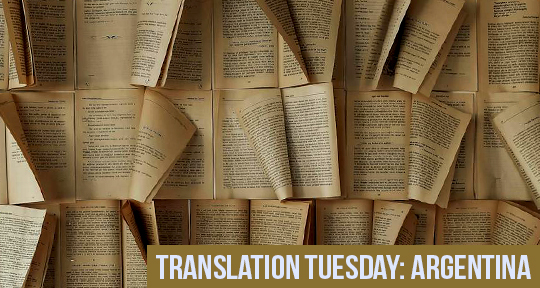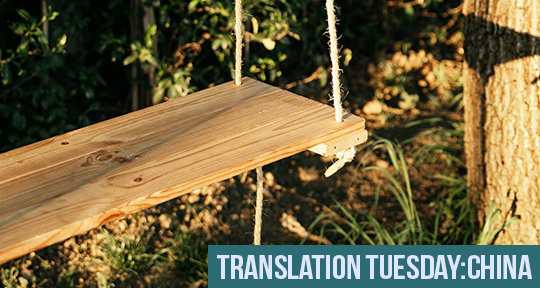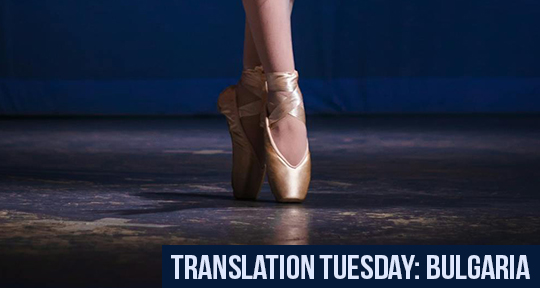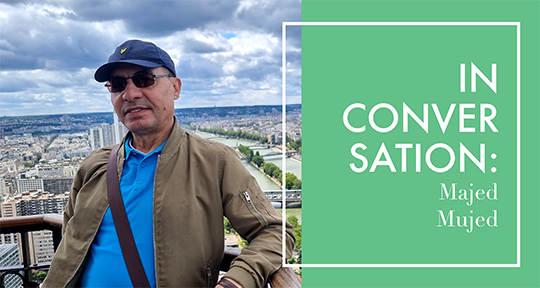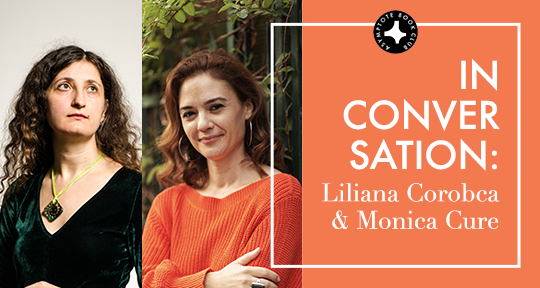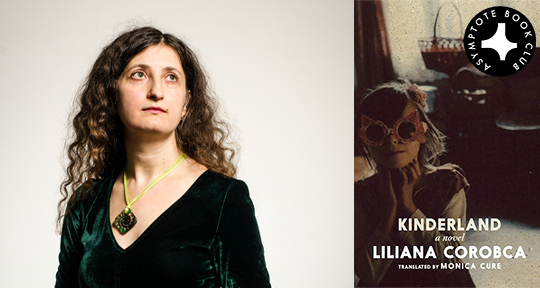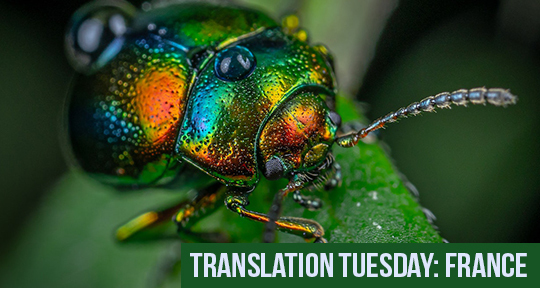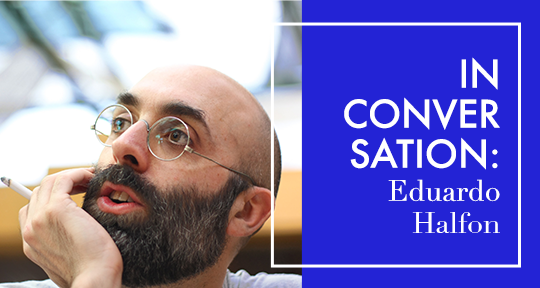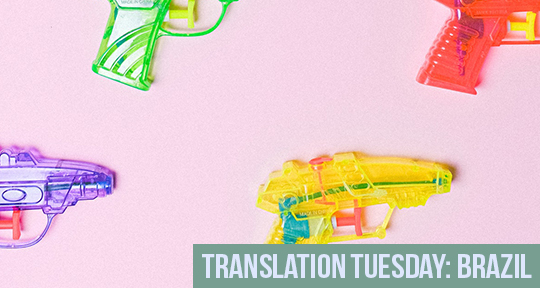By 2004, Guatemalan writer Eduardo Halfon had published three books: one about the life and death of Guatemalan painter Carlos Valenti; one about Miguel de Cervantes; one about how writers become writers. Four years later, he released a book of short stories called El boxeador polaco (The Polish Boxer, Editorial Pre-Textos), which inaugurated a new era for him as a writer. The book became an earthquake, and its ripples can still be felt today—nearly ten books later. Its stories went on to expand into novels, their themes and ideas forming a continual thread through the author’s prolific oeuvre, acknowledging the truth that stories, just like life, must be built on what came before. Canción, his latest book to be translated into English (Bellevue Press), borrows characters, plot lines, and entire sections from Signor Hoffman and Mañana nunca lo hablamos, books he published seven and eleven years ago respectively.
Because of this continuity and rehashing of stories, Eduardo’s body of work has often been referred to as a novela en marcha—an ongoing novel. It’s important to note that all of these stories share the same narrator: a Guatemalan author, former engineer, and chain-smoker named Eduardo Halfon, who shares many of the same experiences of real-life Eduardo. It seems all part of an intricate plan—though it’s everything but. Doubt, silence, contradiction, el no sé—not knowing— improvisation, and uncertainty: those are the many hands that pile one on top of another “to dominate” Eduardo’s writing.
In Canción, out last month and masterfully translated from Spanish by Lisa Dillman and Daniel Hahn, Eduardo tells the story of his Lebanese grandfather, also named Eduardo Halfon, and the time the Guatemalan guerrillas kidnapped him in 1967. In this impactful and luminous novel, we read about the Guatemalan Civil War—its violence, fear, and, again, the uncertainty. We get glimpses, and nothing else, of the actual kidnapping. We get glimpses, and nothing else, of the time Eduardo’s grandfather was in captivity. Because that’s also part of Halfon’s remarkable style: silence, mystery, darkness.
Recently I spoke with Eduardo about all of that. About Canción, about his novela en marcha, about some of his most memorable characters. We talked about writing in the dark. About the engineering behind a story. We talked about what’s real and the truth. About memory, childhood, silences, and, again—and as always—about not knowing and how important it’s for him to blur the lines between himself and his narrator. We talked, we exchanged emails, voice notes, and messages, and he replied from Guatemala City, Mexico City, Spain, and Germany. As anticipated, after reading Canción and yet again talking to Eduardo about his book, I have more questions than answers.
José García Escobar (JGE): With Canción, it’s the first time I’ve seen you address Guatemalan history so thoroughly in a book. Naturally, you had to mention some events and people because they were relevant to your grandfather’s kidnapping; others, however, seem to be part of the story’s background (Jacobo Árbenz, the 1954 CIA-backed coup, the rise of the guerrilla movement in the 1960s, Julio Ramírez Arteaga). How did that weaving come to be—between foregrounding or backgrounding history?
Eduardo Halfon (EH): When you’re writing a story that’s part of a historical account, that history has to be believable. In the case of Canción, that means its historical background, the Guatemalan Civil War, and the country’s recent history. I needed to investigate all of that, and I felt like I had to include it more for the feeling than for the facts. Some details are in the background—they’re props, so to speak—and some details are part of the story. That weaving is very organic, though. There’s no premeditation. It’s just a feeling of what should be where on the stage. What should be in the foreground. What should be in the background. It’s a very natural process of selection and placing. READ MORE…

